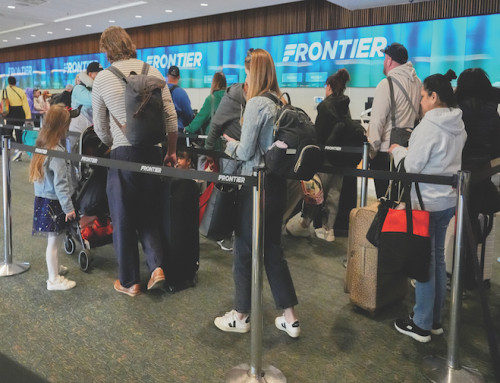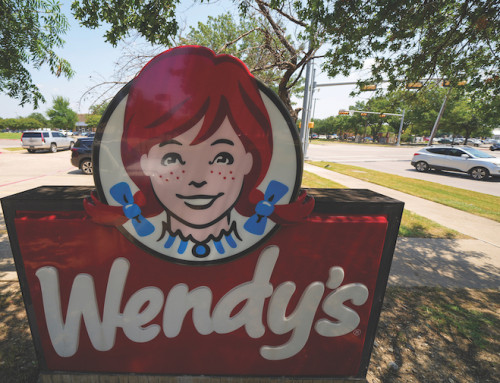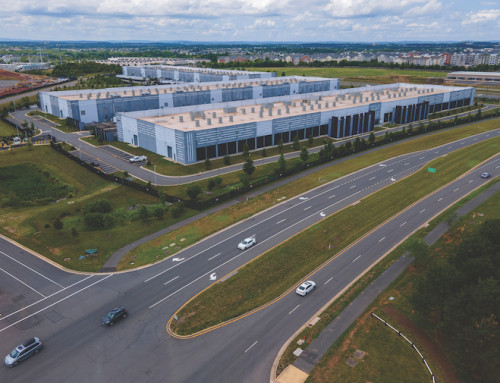A judge last week said that he planned to approve a deal for OxyContin maker Purdue Pharma and members of the Sackler family who own the company to settle thousands of lawsuits over the toll of opioids, allowing money to start flowing to victims as soon as next spring.
U.S. Bankruptcy Court Judge Sean Lane said he would spell out his reasoning in a hearing this week.
Members of the Sackler family have been cast as villains in an overdose epidemic that has been linked to 900,000 deaths in the United States since 1999, including from heroin and illicit fentanyl.
While most opioids were sold by other companies, many people have described the marketing of OxyContin, which was sold starting in 1996, as part of what touched off the crisis.
With legal troubles mounting, family members left the company’s board of directors in 2018 and have not received any payouts from it since then. Yet in the decade prior to that, they received more than $10 billion from the company that has been in the family for decades. About half that money went to pay taxes.
Under the deal, they’ll contribute up to $7 billion and cease to own the company.
They’ll also be barred from being in the opioid business in other countries and agree not to have their names put on any institutions as part of charitable contributions. Many museums and universities already have cut ties with the family.
The plan also calls for changing Stamford, Conn.-based Purdue’s name to Knoa Pharma and making it an entity dedicated to the public good with a board appointed by state officials.
It still could produce OxyContin, but the vision is that the company’s profits will address the nation’s opioid crisis.
It also would be subject to independent monitoring, as Purdue has been for the past several years.
The company agreed to make public millions of internal documents, including many that normally would be subject to attorney-client privilege.
It also still faces the formality of sentencing as part of a guilty plea it negotiated with the U.S. Department of Justice in 2020 after admitting it paid doctors through a speakers program to induce them to write more prescriptions and that it had an ineffective program to keep the drugs from being diverted to the black market.
Purdue’s deal calls for about $850 million to go to victims, with more than $100 million of that dedicated to the care of children who were born suffering from withdrawal.
This part of the settlement is expected to be paid next year, while amounts going to government entities can be paid over 15 years.








